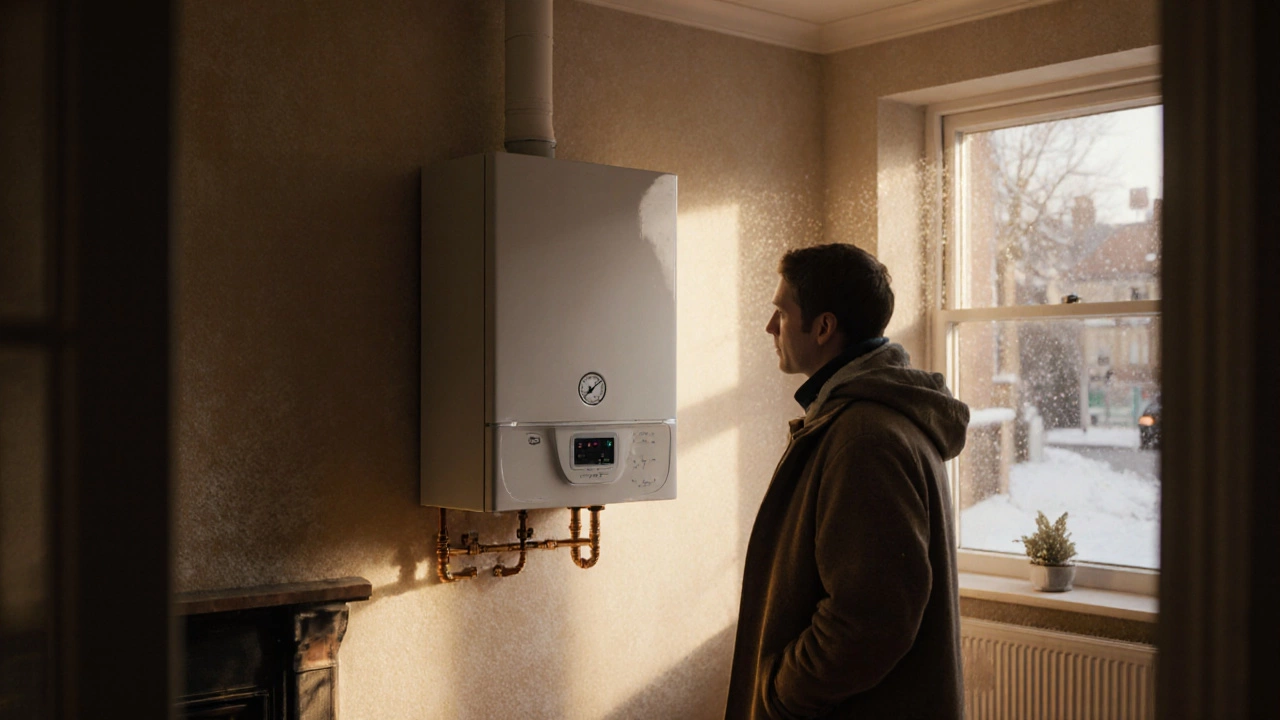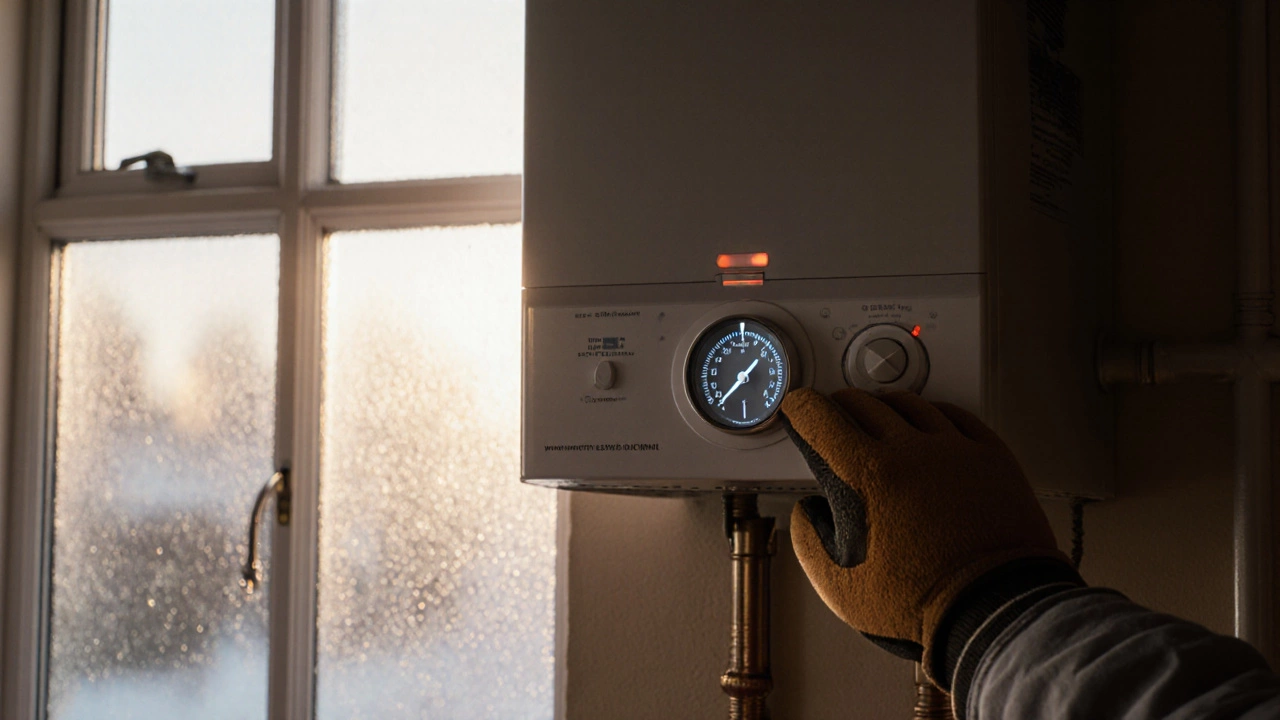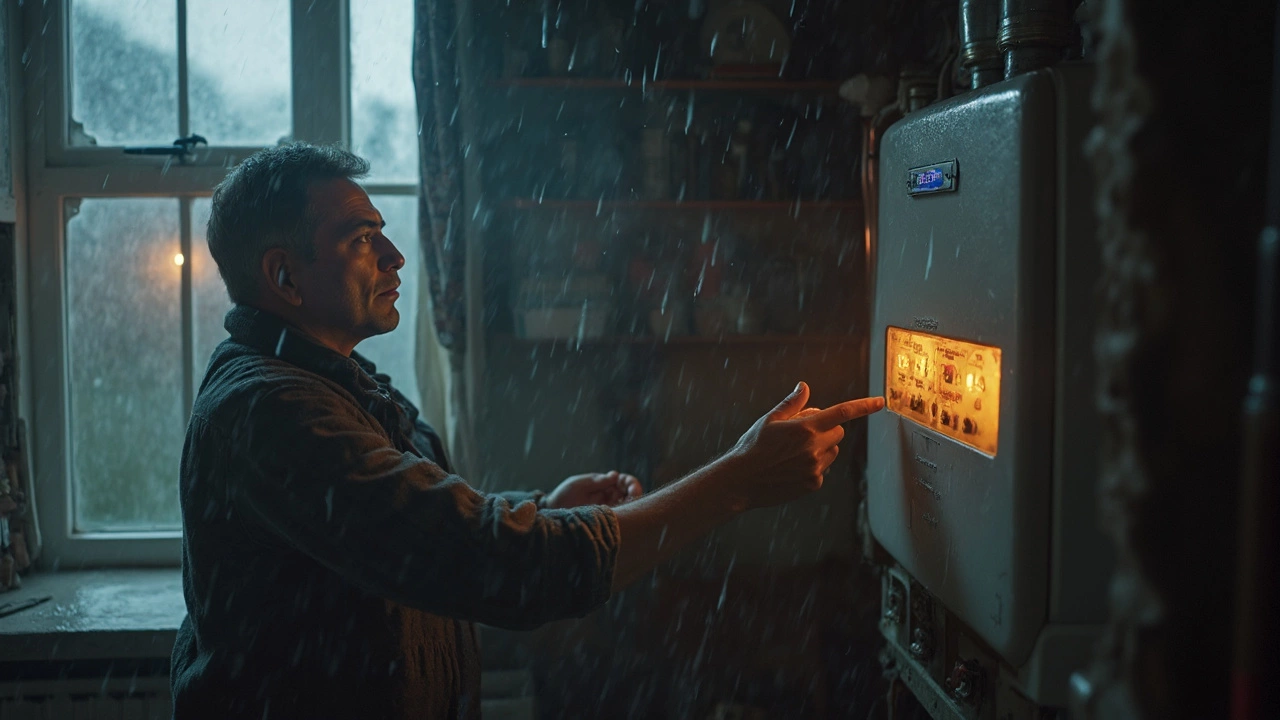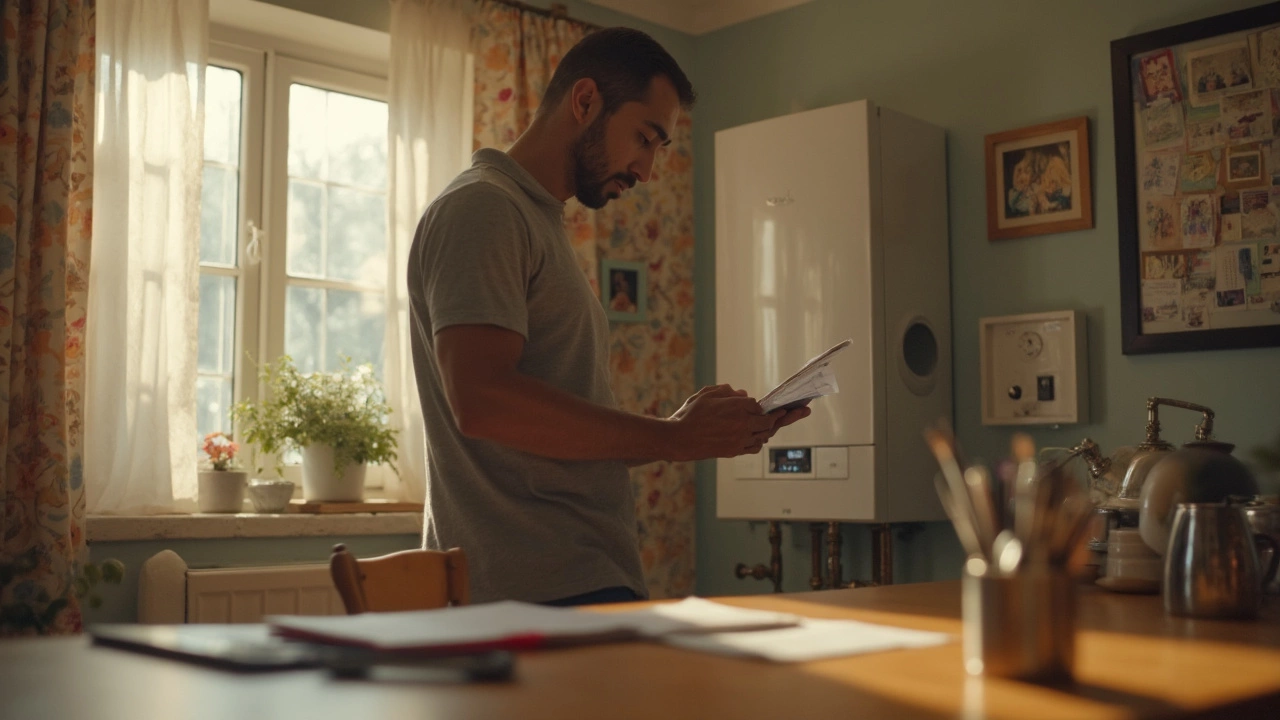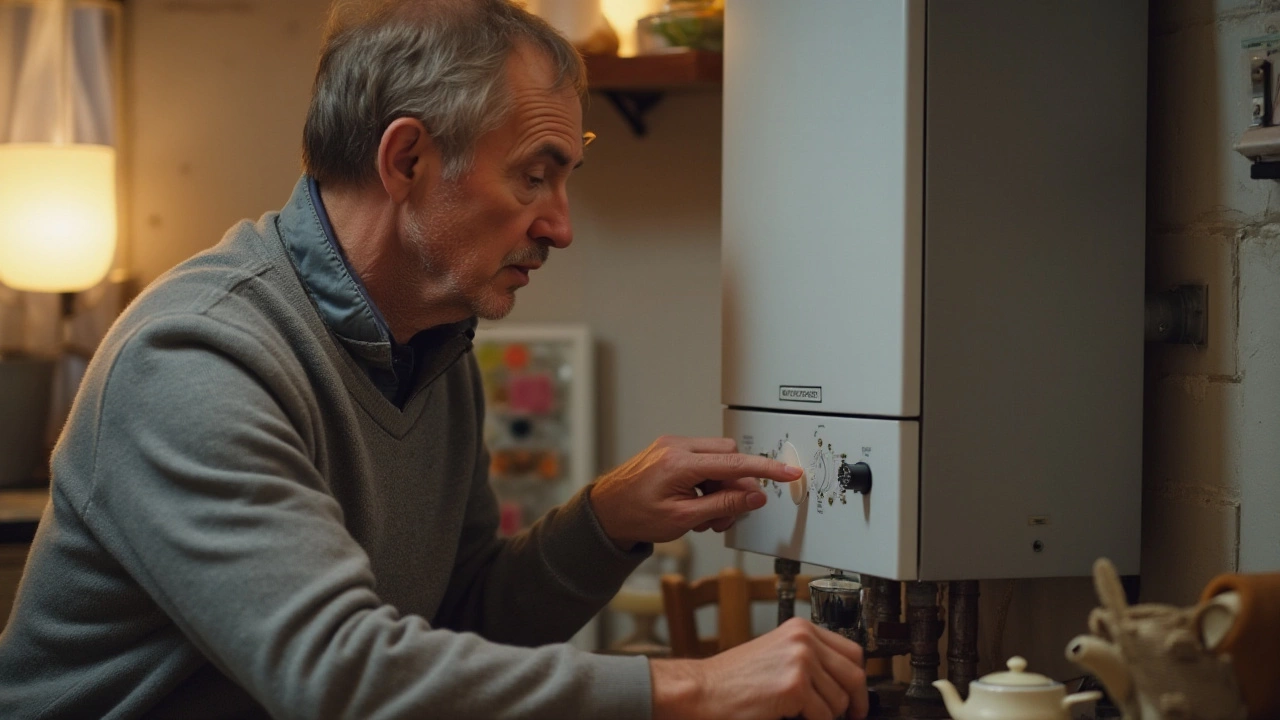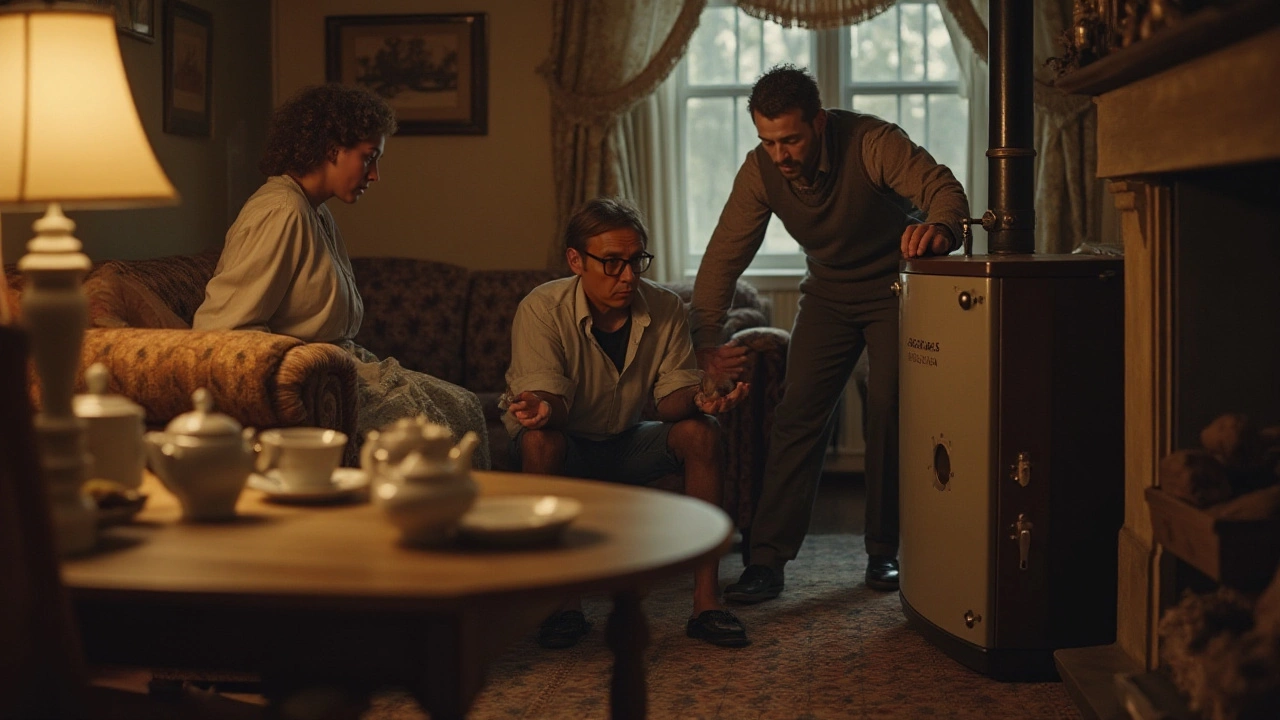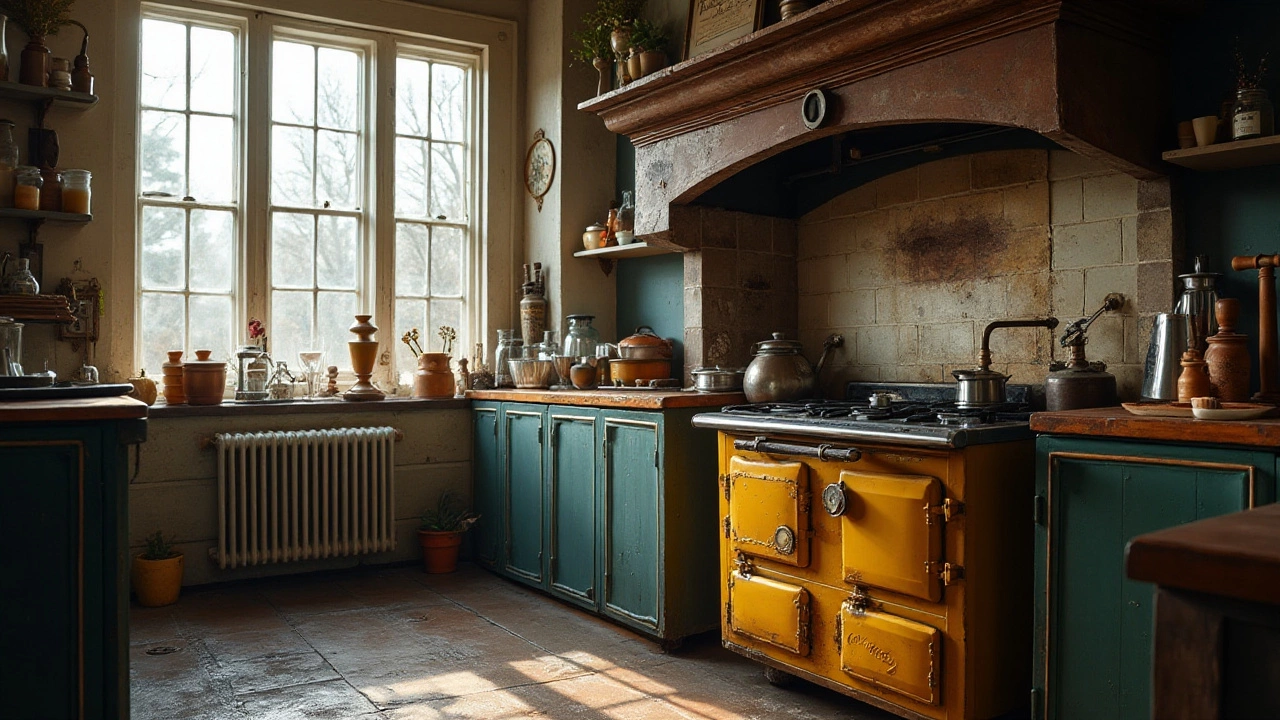Find out if you can safely service your boiler yourself, learn which DIY tasks are safe, and know when to call a certified Gas Safe Engineer for legal and warranty reasons.
Boiler Maintenance: Keep Your Home Warm and Safe
If your boiler stops working in the middle of winter, you know how stressful that can be. The good news is that most problems can be avoided with regular maintenance. A solid maintenance routine not only keeps the heat on, but also saves you money on costly repairs and lowers the risk of dangerous gas leaks. Below you’ll find practical advice that works for any gas or oil boiler in Nuneaton.
Why regular boiler maintenance matters
First, a yearly service catches tiny issues before they turn into big failures. Technicians check the burner, heat exchanger, and safety valves, cleaning away soot and scaling that reduce efficiency. When everything is clean, the boiler uses less fuel, which means lower energy bills. Second, safety checks protect your family. A faulty valve or cracked heat exchanger can release carbon monoxide – an invisible, deadly gas. A proper service includes a carbon‑monoxide test, giving you peace of mind.
Finally, keeping up with maintenance helps you meet warranty requirements. Many manufacturers refuse to cover repairs if you skip the annual service. So a quick check‑up today can save you from a huge expense later.
Simple steps you can do yourself
Not every task needs a professional. Here are three things you can handle safely:
1. Keep the area clear. Make sure there’s at least a foot of space around the boiler. Remove boxes, coats, and anything that could block ventilation. Good airflow lets the boiler run efficiently and reduces the chance of overheating.
2. Check the pressure. Your boiler’s pressure gauge should sit between 1 and 1.5 bar when the system is cold. If it’s lower, you can top it up using the filling loop – a simple metal hose with two taps. Follow the instructions on the valve, and stop when the gauge reaches the right range. Too high pressure can cause leaks, so don’t over‑fill.
3. Listen for odd sounds. A rattling or whistling boiler often means air in the radiators or a loose component. Bleed any noisy radiators with a key: turn the valve counter‑clockwise until water starts to flow, then tighten it back up. If the noise persists, it’s time to call a qualified engineer.
Even with these DIY checks, schedule a professional service at least once a year. In Nuneaton, many reputable engineers offer a 30‑minute safety call to spot obvious faults before the full service.
Remember to note the service date and keep the receipt. A written record makes it easy to track when the next visit should be and can be handy if you ever need to claim warranty work.
By combining a quick DIY routine with an annual professional service, you’ll enjoy reliable heat, lower bills, and a safe home. Don’t wait for a breakdown – give your boiler the care it deserves today.
Discover the most common boiler problems, their symptoms, DIY fixes, and when to call a professional. Includes a troubleshooting checklist, maintenance tips, and a handy FAQ.
Skipping a boiler service isn't just a small risk—it can turn into a nightmare with higher bills, cold showers, or even dangerous leaks. This article breaks down what really happens when you ignore your boiler and how it can affect your home and wallet. You'll learn about the warning signs, safety issues, and hidden costs. Get practical tips that really help. Discover why a yearly check-up is way more important than most people think.
This guide covers the must-know basics and clever tips about maintaining a boiler to avoid unexpected breakdowns and expensive repairs. You'll find out the real reasons why boilers need regular attention, the signs that trouble is brewing, and what you can fix yourself versus what absolutely needs an expert. It also shares tricks to keep your heating bill down and make your boiler last longer. Simple, actionable advice—no confusing jargon.
Wondering how much you might need to spend on getting your boiler fixed? Discover the common costs involved in boiler repairs, from simple fixes to more complex issues. Learn the factors that affect the price, and get tips on how to potentially save some money. Knowing what to expect can make a huge difference in managing your budget and ensuring a warm and comfortable home.
Boilers are essential components of any home's heating system, and understanding their lifespan can help homeowners make informed decisions. Typically, a well-maintained boiler can last anywhere between 10 to 15 years. However, various factors such as model type, usage, maintenance, and environment can influence its longevity. This article provides insights and practical tips on extending a boiler's operational life, ensuring optimal performance and cost efficiency.
- 25 Jan 2025
- Gideon Thornton
- 0
How Expensive is it to Replace a Boiler?
Replacing a boiler can be a significant investment, often causing homeowners to pause and consider their options carefully. This article explores the costs associated with replacing a boiler, offering insights into what factors affect the price. We delve into the differences between types of boilers and how these can influence the cost. Additionally, practical tips for extending your boiler's lifespan and minimizing future costs are discussed.
Exploring whether frequently turning your boiler on and off can lead to damage is crucial for homeowners. Many wonder about the effects of this common practice on the longevity and efficiency of their heating systems. This article delves into the mechanics of boilers, discussing how this habit might impact various types of units. By understanding the underlying issues and implementing preventive measures, you can maintain a healthy boiler for years to come.
- 15 Dec 2024
- Gideon Thornton
- 0
Recognizing the Signs of a Failing Boiler
Understanding when a boiler is malfunctioning is crucial for maintaining a safe and warm home. This article explores telltale signs of a broken boiler, from unusual noises to uneven heating. Readers will learn practical steps to identify issues early, preventing costly repairs and ensuring efficient performance. Tips will be provided on maintenance practices to keep the boiler running smoothly.
- 9 Oct 2024
- Gideon Thornton
- 0
Can Your Boiler Survive Half a Century? Tips for Long-Lasting Performance
Boilers are essential in maintaining warmth in homes, but can they actually last as long as 50 years? In this insightful article, we delve into the longevity of boilers, exploring their typical lifespan, maintenance tips, and the signs that it might be time for a replacement. With technological advances and regular upkeep, some boilers could potentially beat the odds. Get ready to uncover the secrets to bolstering your boiler’s endurance, ensuring you keep the cold at bay for years to come.

